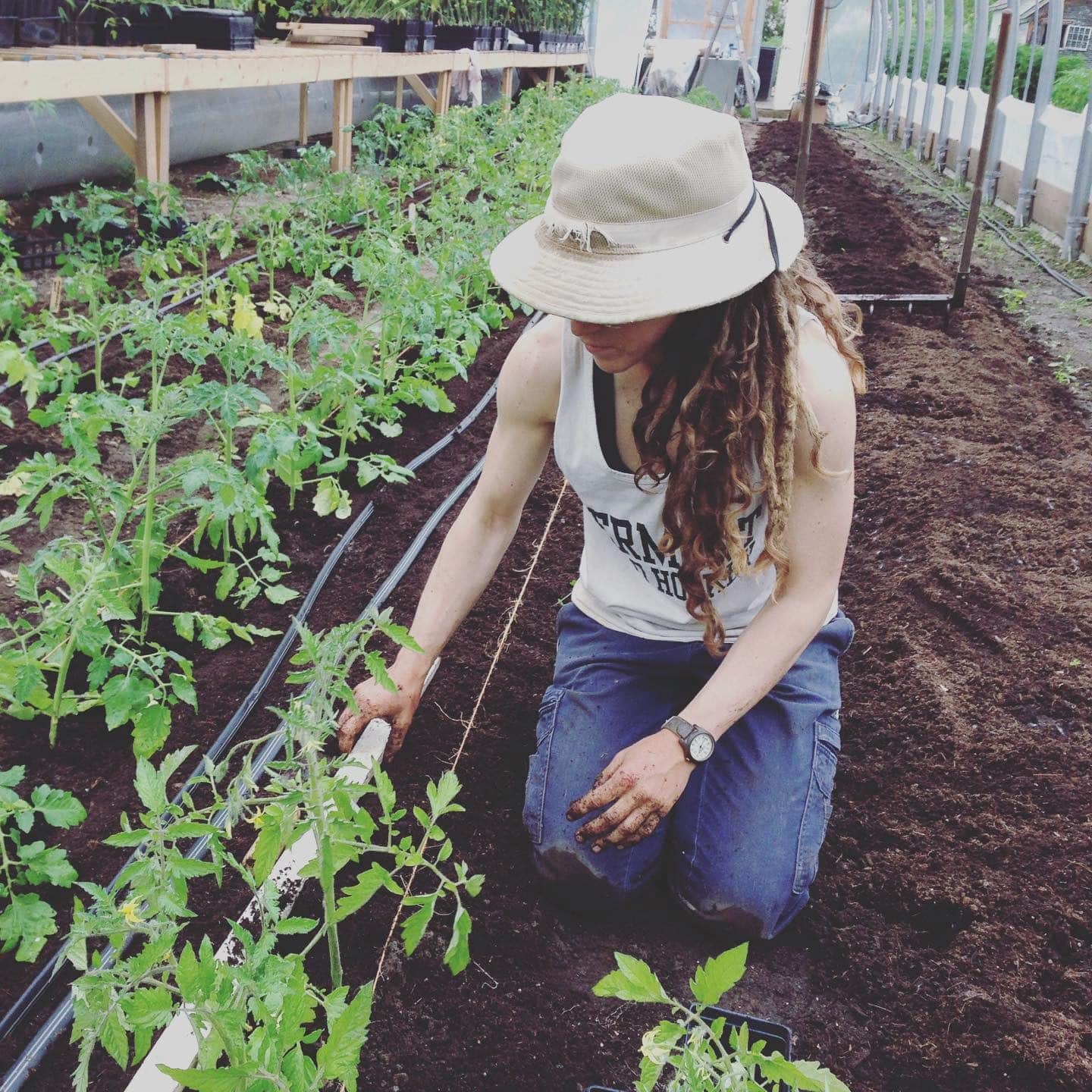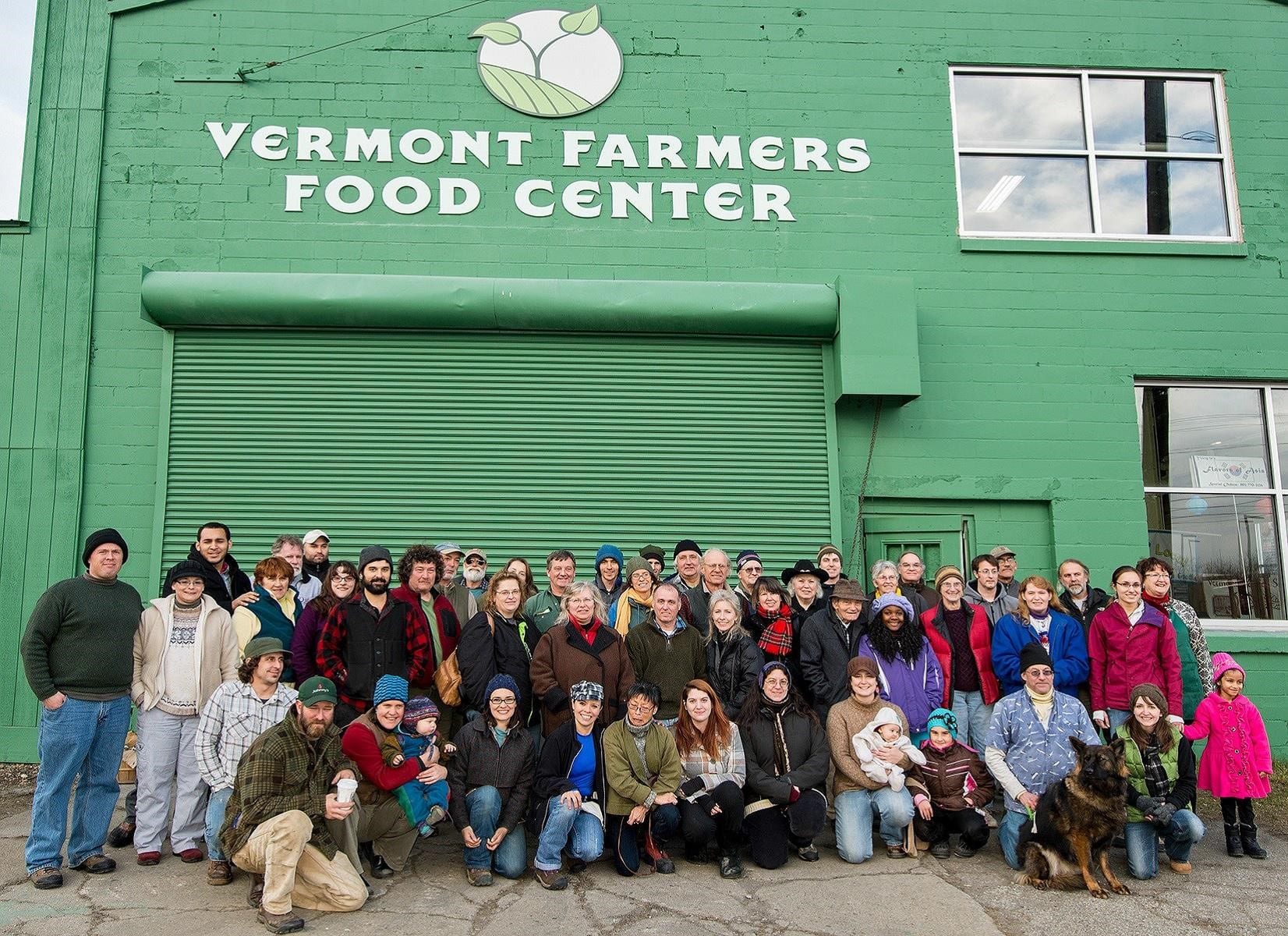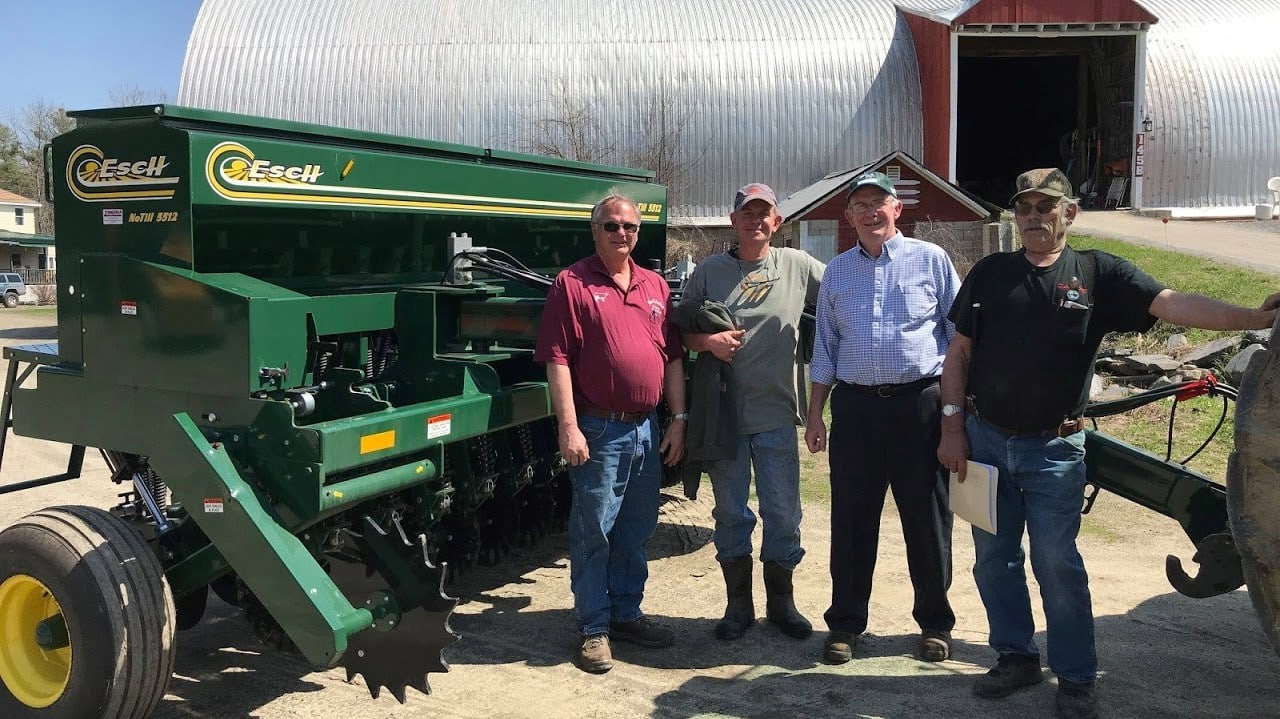December 16, 2020
Launching and growing a farm- or food-related business comes with many associated legal needs, from acquiring or transferring land, to entering contracts, to deciding on a business structure. And while a thriving local food system depends on the success of these enterprises, many of them lack legal support. That’s why Vermont Law School’s Center for Agriculture and Food Systems (CAFS) teamed up with the Conservation Law Foundation to bring the Legal Food Hub program to Vermont.
The hub connects income-eligible farmers, food entrepreneurs, and related organizations with attorneys willing to provide free legal assistance. And since it launched nearly a year ago, students, faculty, and staff in CAFS’s Food and Agriculture Clinic have been fielding requests from Vermont’s farm and food community and placing cases with local attorneys in the network. The results so far are impressive: Participants have saved more than $57,000 in legal fees, leveraging more than 210 hours of pro bono legal services. Seven cases have been resolved, while more than a dozen are in the works.
“Despite the many challenges 2020 has brought, it’s been a great first year,” said Food and Agriculture Clinic Director Sophia Kruszewski. “I’m so impressed by our volunteer attorneys and our partners in the food system, and I’m proud of our work together to support a thriving local farm and food community.”
Ahead, three stories of successful Vermont Legal Food Hub cases illustrate how access to legal aid can boost the businesses and organizations that nourish Vermont communities.
Supporting a CSA

“I have a plan for the future of my farming business through a great legal connection.”
–Paige Wener, farmer, Green & Gold CSA
On a small farm in Sudbury, Vermont, farmer Paige Wener grows delicious and nutrient-dense produce with a focus on soil health. She founded Green and Gold CSA in 2019 to sell her produce locally.
A CSA (community-supported agriculture) program can be a win-win situation: Local consumers get a reliable share of a farmer’s seasonal bounty, while farmers get a reliable outlet for their product. But that unique business type comes with unique legal needs. Werner sought guidance on forming the appropriate business structure for the CSA, as well as help navigating the legal requirements that come with hiring employees.
Wener reached out to the Vermont Legal Food Hub for assistance. The team connected her with Dave Gurtman, an attorney at the Burlington law firm Dinse. Gurtman’s pro-bono assistance helped Wener understand the pros and cons of different business structures and get a better idea of what onboarding employees would look like.
“[Gurtman] helped me understand where I am in my business now, and where I’d like to be in the future,” Wener said. “I am well-equipped to change my business structure next year. I have a plan for the future of my farming business through a great legal connection.”
Branding Without Breaking the Rules
“This program is an important and valuable resource to support food hubs and the local food movement.”
–Greg Cox, president, Vermont Farmers Food Center
The Vermont Farmers Food Center (VFFC) increases the access to and availability of locally produced food in and around Rutland, Vermont through education and expanding market access for local producers. An initiative of the Vermont Farmers Market Education Center, Inc., a 501(c) (3) nonprofit organization, VFFC first launched in 2012 as a grassroots, volunteer-led project. Now eight years old, the organization has some big plans: They are developing an agricultural center in downtown Rutland to help with local food aggregation and storage, plus a commercial kitchen and educational space.
With all that expansion in the works, the VFFC team is rightfully thinking about branding. What kind of slogan might they use on their website and publications to get the message out about their mission and programs—without breaking any trademark rules?
“We were fortunate that just when the Vermont Farmers Food Center was looking for answers and legal guidance, the Vermont Legal Food Hub came online,” said VFFC president Greg Cox. When VFFC reached out to the hub, they were quickly matched with Francine Miller, an attorney with Vermont Law School’s Food and Agriculture Clinic who specializes in intellectual property. Miller outlined the pros and cons of a trademark the organization was considering, and offered alternative suggestions to help the team find a solution while minimizing legal risks.
“From the initial intake form to talking with an attorney specializing in intellectual property, working with the Legal Food Hub helped us clarify the issue and gave us the information we needed to move forward,” Cox said. “This program is an important and valuable resource to support food hubs and the local food movement.”
A Contract to Promote Conservation
“Accessing free legal advice from the Vermont Legal Food Hub was critical.”
–Jennifer Byrne, manager, White River Natural Resources Conservation District
The Connecticut River Watershed Farmers Alliance (CRWFA) helps farmers improve their land stewardship practices in order to promote clean waterways, productive landscapes, and the economic sustainability of the agricultural communities in eastern Vermont and western New Hampshire. In addition to hosting workshops and events, CRWFA rents out pieces of conservation equipment such as a No-Till Seeder, which allows farmers to plant seeds with minimal disturbance to the soil.
To make this important piece of equipment accessible to local farmers, CRWFA contacted the Vermont Legal Food Hub to seek legal guidance on their drill rental contract. They were matched with attorney and clinic director Sophia Kruszewski of Vermont Law School’s Food and Agriculture Clinic, who reviewed the contract. She drew from her years of experience working with farmers to ensure the provisions were legally sound while still being understandable to non-lawyers.
“Accessing free legal advice from the Vermont Legal Food Hub was critical to updating our No-Till drill rental agreements for this year,” said Jennifer Byrne, manager of the White River Natural Resources Conservation District. “The language in our new contract is clear, and we feel confident that our drills and our farmers are protected as we grow our conservation equipment library in the Connecticut River watershed.”
The Vermont Legal Food Hub is currently recruiting additional attorneys and accepting applications for legal assistance from Vermont farmers, food entrepreneurs, and related organizations. For more information, visit legalfoodhub.org and submit an intake form, or contact Whitney Shields, program coordinator, at legalhub@vermontlaw.edu or 802-831-1307.

